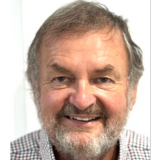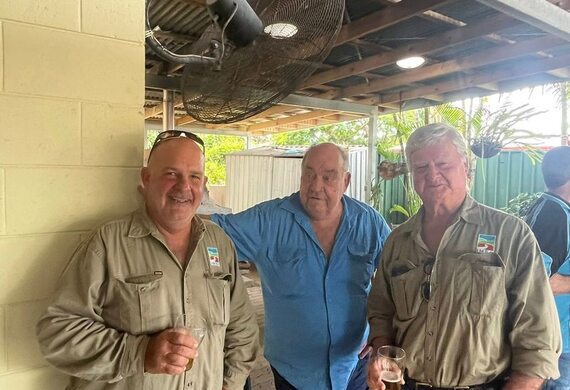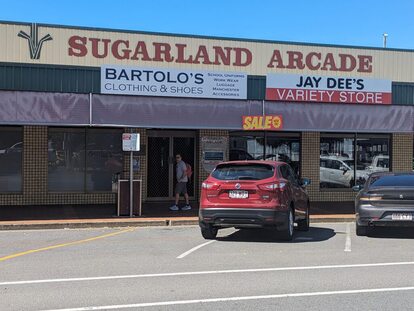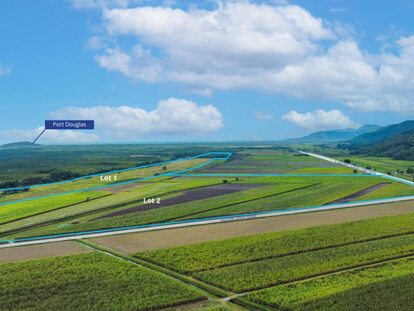Opinion: That essay: Stalin not at the gates
Opinion
Australians should be hoping that the members of the Reserve Bank board have read the 6000-word essay written by Treasurer Jim Chalmers for the latest edition of The Monthly before today’s board meeting.
But they probably haven’t or, if they have, won’t alter their static thinking and rates will rise – recklessly and riskily.
Chalmers makes what should be the obvious point that the world and Australian economic fundamentals have changed radically and policy should change accordingly.
I will come back to the Reserve later, but first to the essay.
It was vilified in the media outlets favoured by the rich and powerful – The Australian, the Australian Financial Review and Sky After Dark. The way they portrayed it, Stalin was at the gates. A command economy and the end of free markets were upon us.
Grow up. Mercifully, those media outlets are behind paywalls and the great majority who labour with hands and brains in the real economy would not or could not waste their money to get them and are spared the delusion of a nirvana of rampant, regulation-free capitalism trickling its bloated bladder down to the grateful masses.
Chalmers cites the global financial crisis, the onslaught of bushfires and floods in Australia and elsewhere, and the Covid pandemic.
And he goes on from there. You may agree or disagree with his policy bits and pieces or even his economic analysis (I do agree with it). But after decades of people bitching about point-scoring, short-term, highly charged politicians at each other’s throats and not addressing fundamental problems, surely we should be grateful that we now have a Treasurer capable and willing to survey broad historical economic trends and analyse Australia’s position within them.
Now a Treasurer is observing that markets are the most efficient way of allocating capital only up to a point, and we have gone well past that point and more values should be inserted into the system.
No wonder Rupert Murdoch and the Qantas-business-lounge inhabitants are aghast and that their communication organs are desperate not to upset the very comfortable status quo.
And they like the status quo because they have profited from it obscenely for a long time at the expense of the rest of us.
What Chalmers refers to as the misallocation of capital has happened in several obvious ways.
Pure market capitalism failed to seize the opportunities of renewable energy. The ideology of climate denial was used to block out competition. Climate aside there are sound economic reasons for Australia to push ahead with renewables.
It is one example of a larger problem. For the past couple of decades competition in the Australian economy has declined. Existing monopolies and oligopolies have shut new-comers out. Grocery, energy, appliance retailers, and bankers can overcharge to boost profit at the expense of consumers.
Markets have failed to deliver in human services, while market proponents have demanded and got ever more cost-cutting in the public sector.
This has led to such deterioration in the public sector that more people feel the need to go private to get the health and education they want.
Tax breaks to private property investors and the withdrawal of government-provided social housing has increased rents and owner-occupied costs a like.
This in turn has spawned growing inequality. Standard economic measures of inequality do not show this. They compare raw incomes, but if more people in the bottom two-thirds have to spend more on private health, education and housing to get the same result that they used to have, their standard of living has gone down.
GP gap fees are just one obvious example.
The themes in Chalmers’ essay suggest he wants to fix this misallocation. It will mean some government action because plainly the private sector is not doing it. Small wonder big capital is apoplectic. Their high-profit, cosy world is under threat and they do not care a jot for lifting overall living standards by directing investment and tax breaks to newer industries and public investment for Australia’s overall benefit.
The cheapest attack, of course, was that the Australian Treasurer should be concentrating on the main game – the accounting/book-keeping task of balancing the Budget – and not wasting time pondering about broad economic directions.
Shame, Mr Treasurer, you must stop walking and chewing gum at the same time. People will get jealous of your talent.
But let’s return to the Reserve Bank and its failure to recognise that the old inflation-fighting tools might no longer work. Indeed, they might even be making things worse.
For a start, housing costs are in the CPI. If you ramp up interest rates, you ramp up housing costs and ramp up CPI which under the Reserve’s mantra requires yet higher interest rates.
And the Reserve’s fears of inflation-driven wage demands in a union-depleted economy verge on the paranoiac.
More importantly, Covid resulted supply-chain shortages and in high savings among the over 55s and under 25s. They – with low or no mortgages – are less affected by interest rises. Indeed, higher rates add to their incomes and savings and their ability to spend.
The Covid savings and shortages, however, are a one-off. They have been exploited by oligopoly suppliers who have ramped up prices as people with savings are prepared to pay more to get what they want.
Attacking this sort of inflation with higher interest rates is going to cruel the 25 to 55 age group, especially those with children.
It is naïve to imagine that higher interest rates will result in stabilisation of prices without addressing the underlying problem of lack of competition in the Australian economy.
Once the oligopolists reap the rewards of price gouging, a few interest rate rises will not stop them.
Moreover, the squeeze caused by rate rises will not make those squeezed ask for lower prices or to shop around when there is not a lot of choice of suppliers anyway.
Rather they will pay up while they can and then just not buy at all or buy on credit until that ends in tears.
This article first appeared in The Canberra Times and other Australian media on 7 February 2023.
Thank you!
Newsport thanks its advertising partners for their support in the delivery of daily community news to the Douglas Shire. Public interest journalism is a fundamental part of every community.
Got a news tip? Let us know! Send your news tips or submit a letter to the editor here.
* Comments are the opinions of readers and do not represent the views of Newsport, its staff or affiliates. Reader comments on Newsport are moderated before publication to promote valuable, civil, and healthy community debate. Visit our comment guidelines if your comment has not been approved for publication.























